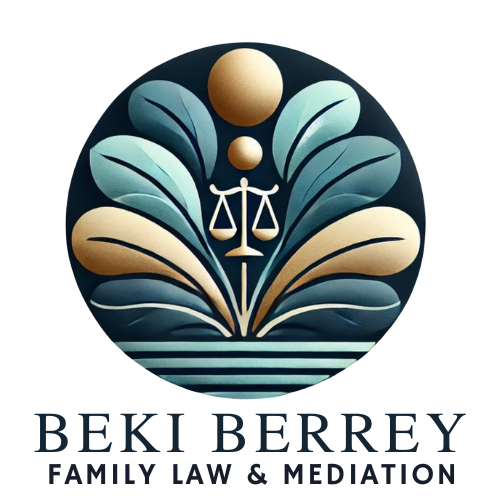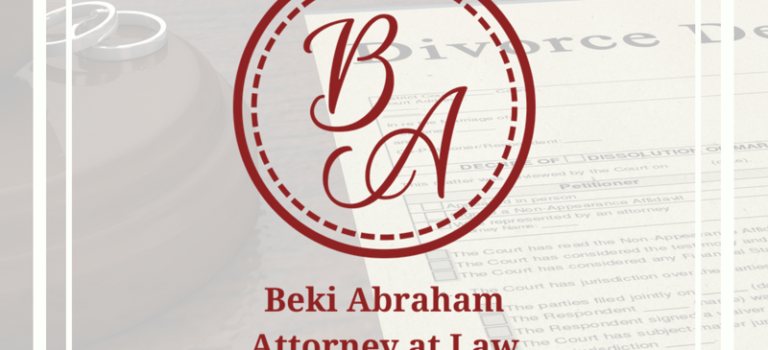I have talked about the importance of keeping anything to do with your legal case off all your social media accounts. It’s just a bad idea to post anything related to your ex, their new partner, their family & just anything to do with the case. The reason is: it can be used as evidence against you.
Before I take a new client on, I look at their social media accounts and those of the other side before our initial consultation. I look for posts that could be used as evidence. Then during our consultation, I ensure they understand the importance of keeping anything to do with their case off social media (regardless of whether I find anything or not).
Here’s why.
The full span of emotions tend to run very high throughout any family law case. Some people are angry and vengeful. Going through a divorce or having a dispute over child custody can make people act out in a variety of ways.
It’s important to see that there could be a fine line between you looking for evidence on your ex’s FaceBook page and then finding something you don’t like and sending a screen capture of it to him/her along with an angry message.
Not only can the angry message be construed as cyber-stalking, now *that* angry message can be used as evidence against you.
If you simply look for evidence, take a screen capture of what you find. Then send it to your attorney or provide it to the court. This is not stalking. However, if you see something that sets you off, which causes you to send the screen capture to your ex along with an angry message, that could be construed as cyber-stalking. Now you are not only in danger of being accused of committing a crime, but also of having any angry words you’ve sent being used against you in your family law matter.
What is cyber-stalking?
I’m sure you probably know but stalking, which includes cyber-stalking is a very serious crime. In California it’s a wobbler, which means it can be charged as either a misdemeanor or a felony.
Simply put, it’s the intimidation, harassment or bullying of another person using electronic means (email, text, social media, etc.) to the degree where someone fears for their safety.
How you can avoid cyber-stalking:
- Block your ex on all social media. You can also block their new partner and any family members that might be problematic down the road. This way you can’t see their account and they can’t see you. It takes away the urge to “innocently” look at their social media accounts. It also reduces the risk of you finding something that will be upsetting, which could turn into something very ugly if you let it.
- If you think there might be evidence on your ex’s social media account, ask someone else to look at their page. Have them take the screen capture and send that to you (or your attorney. You could also ask your attorney to do this. However, don’t ask someone to create a fake account to friend your ex (or new partner or family members) for the purpose of seeing what’s on their social media accounts.
- Do not text or message, or even mention to your ex ever about what you (or a friend or your attorney) finds on their social media page. If there was evidence located, include it in your declaration to the court and let the court handle it.
Contact me!
If you need a consultation on your divorce or child custody dispute, contact me today and schedule an initial phone consultation.
_____________
References:
California Penal Code §646.9















